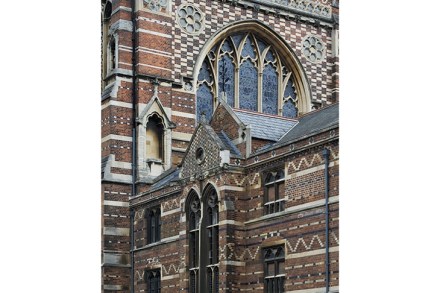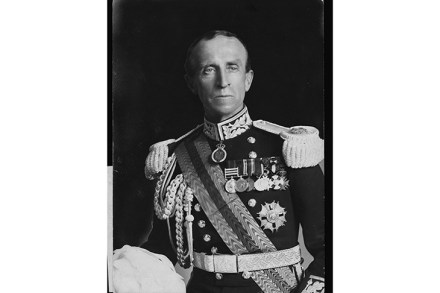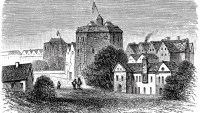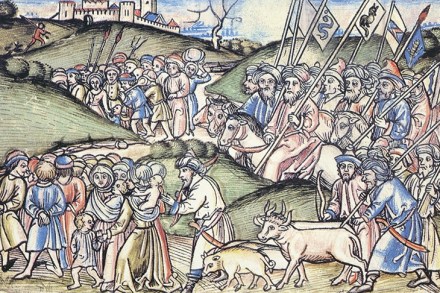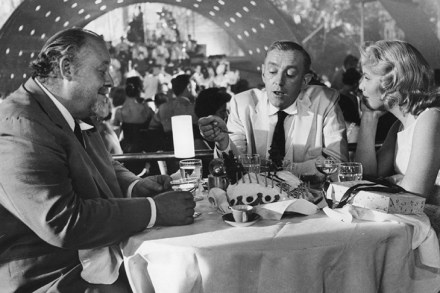Life at the Globe | 25 April 2019
IN ASSOCIATION WITH THE PRINCIPAL PARTNERS OF SHAKESPEARE’S GLOBE’S 2019 SUMMER SEASON As I noted last week, the dramatic climax of Henry IV, Part Two — that stew of rot and renewal — is reached when Prince Hal casts off the roguish companion of his younger years, ‘the tutor and the feeder of


